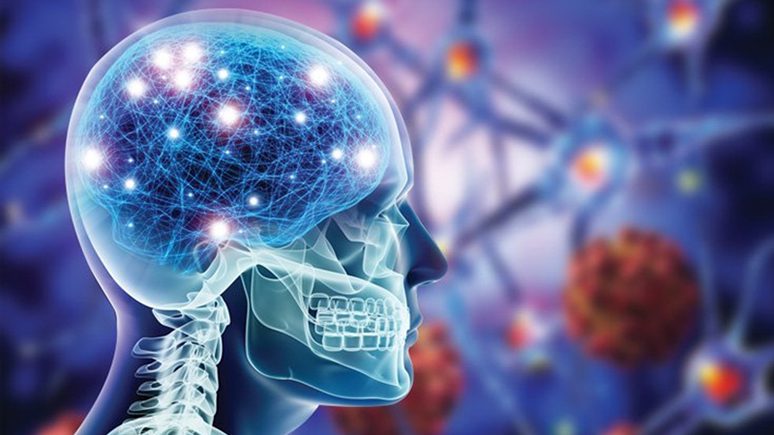There are several multiple sclerosis risks that are associated with MS:
- Age. The onset of MS usually occurs between 20 and 40 years.
- Sex. Women are more likely to have relapsing-remitting MS.
- Family history. If one of your parents or siblings has had MS, you are at higher risk of developing the disease.
- Certain infections. Epstein-Barr and other viruses have been linked to MS.
- Race. White people, particularly those of Northern European descent, are at the highest risk of developing MS.
- Climate. MS is more common in countries with temperate climates, including Canada, the northern United States, New Zealand, southeastern Australia, and Europe.
- Vitamin D. MS is associated with low vitamin D levels and minimum exposure to sunlight.
- Certain autoimmune diseases. Thyroid disease, pernicious anemia, psoriasis, type 1 diabetes, inflammatory bowel disease, and other autoimmune diseases have been linked to MS.
- Smoking. Smokers are more likely to develop a second event that confirms relapsing-remitting MS than nonsmokers.
MS complications that may also develop:
- muscle stiffness or spasms;
- paralysis, typically in the legs;
- issues with bladder, bowel, or sexual function;
- mental changes, such as forgetfulness or mood swings;
- depression;
- epilepsy.
MS symptoms
Movement issues:
- numbness or weakness in one or more limbs that typically occurs on one side of the body at a time;
- electric-shock sensations that occur with certain neck movements, especially bending the neck forward (Lhermitte sign);
- tremor, lack of coordination, or unsteady gait.
Vision problems:
- partial or complete loss of vision, usually in one eye at a time, often with pain during eye movement;
- prolonged double vision;
- blurry vision.
Multiple sclerosis symptoms may also include:
- slurred speech;
- fatigue;
- dizziness;
- tingling or pain in parts of the body.
Click here to read more about treatment of the nervous system.
















Leave a Reply
You must be logged in to post a comment.